Navigating the world of cryptocurrency can be tricky, especially when trying to convert digital assets like USDT (Tether) into traditional money. For many in Nigeria, understanding how to transfer USDT to a bank account is essential.
Recommendation: Turn your Bitcoin and USDT into cash with Quickchain. Quick, secure, and easy to use. Join Quickchain now for a smooth selling experience!
This guide explores the nuances of converting USDT into Naira in general in Nigeria, providing readers with practical insights.
The Growing Popularity of USDT in Nigeria
USDT has become increasingly popular in Nigeria. With the rise of digital currencies, many individuals are looking to invest, trade, and store value. USDT, as a stablecoin, is known for its price stability and is often preferred for transactions. This growing trend reflects the broader acceptance of cryptocurrencies among Nigerians.
The Challenges of Converting Crypto to Fiat in Nigeria
Despite its popularity, converting USDT to Naira presents some challenges. The regulatory environment around cryptocurrencies can make it difficult to find reliable platforms. Additionally, fluctuating exchange rates and transaction fees can affect profitability.
Setting Expectations: What This Guide Covers
This article will provide you with insights into transferring USDT to your bank account in Nigeria, including methods, risks, and best practices.
Understanding USDT and the Nigerian Financial System
What is Tether (USDT)?
Tether (USDT) is a type of stablecoin designed to maintain a value equivalent to one US dollar. Each USDT is backed by reserves, making it less volatile than other cryptocurrencies. This stability is crucial for users looking to hedge against market fluctuations.
Nigerian Banking Regulations and Cryptocurrency
Nigerian banks have shown caution toward cryptocurrencies. While it’s not illegal to trade or hold cryptocurrency, banks have strict regulations about its use. Understanding these regulations is vital for a smooth transaction process.
Key Differences Between Crypto and Traditional Banking
Cryptocurrencies operate independently of banks and are decentralized. In contrast, traditional banking relies on government regulations and central authorities, which can lead to delays in transactions and higher fees.
Methods for Converting USDT to Naira
Peer-to-Peer (P2P) Exchanges: A Popular Choice
P2P exchanges allow users to trade directly with each other. These platforms have gained popularity due to lower fees and more flexible payment options.
Finding Reputable P2P Platforms in Nigeria
Some well-known P2P platforms include LocalBitcoins, Binance P2P, and Remitano. When selecting a platform, look for user reviews and ratings to ensure reliability.
Security Best Practices for P2P Transactions
- Always verify the user’s identity before completing a transaction.
- Use the escrow service provided by the platform for added protection.
- Avoid making deals outside the exchange to reduce the risk of fraud.
Cryptocurrency Exchanges: Centralized vs. Decentralized
Centralized exchanges act as intermediaries, while decentralized exchanges allow direct user trading.
Choosing a Reliable Cryptocurrency Exchange
Famous centralized exchanges include Binance and Coinbase, whereas Uniswap is a popular decentralized option. Research their fees, supported currencies, and user experiences before choosing.
Navigating the Verification Process on Exchanges
Exchanges typically require identity verification before allowing transactions. Prepare to provide personal information and documents, such as identification and proof of address.
Using Mobile Money Platforms: Options and Limitations
Mobile money services are becoming common in Nigeria. Users can often convert USDT to Naira and send it to their bank accounts.
Transferring Naira to Your Bank Account from Mobile Money
Once you convert your USDT to Naira, follow the specific instructions of your mobile money platform to transfer funds to your bank account. This process usually involves entering your bank details and following prompts.
Risks and Considerations When Converting USDT
Volatility of Cryptocurrency: Managing Risk
Despite USDT’s stability, market fluctuations can impact other coins involved in exchanges.
Diversifying Your Investments
Consider keeping various cryptocurrencies in your portfolio to spread risk. Diversification helps reduce the impact of price changes on your overall investments.
Dollar-Cost Averaging (DCA) Strategy
Investing a fixed amount regularly can reduce the effects of volatility, making the process of buying and selling smoother.
Security Risks Associated with Crypto Transactions
As with any digital asset, security is paramount.
Protecting Your Private Keys
Your private keys grant access to your funds. Store them securely and never share them with anyone.
Being Aware of Scams and Fraud
Always be cautious. Scams are prevalent in the crypto world. Research thoroughly before engaging in transactions.
Regulatory Uncertainty and Compliance
Keep abreast of the latest regulations in Nigeria. Laws and guidelines can change, impacting how you can use your cryptocurrency.
Best Practices for Safe and Efficient USDT Transfers
Due Diligence Before Choosing a Platform
Research platforms exhaustively.
Checking Platform Reviews and Reputation
Utilize forums and review sites to gauge platform reliability. Honest feedback from other users is invaluable.
Understanding Fees and Charges
Be aware of all associated fees, including transaction costs. Hidden fees can impact your earnings.
Secure Storage of Your USDT
Consider keeping your USDT in secure wallets.
Using Hardware Wallets
Hardware wallets offer an extra layer of protection by storing your assets offline.
Utilizing Secure Exchanges
Choose exchanges that prioritize security with two-factor authentication and other safety measures.
Record-Keeping and Tax Implications
Maintain accurate records to help track investments.
Maintaining Detailed Transaction Records
Document all trades and conversions for personal records and tax compliance.
Conclusion: Making Informed Decisions about USDT Transfers in Nigeria
Key Takeaways: A Summary of Safe Practices
Always conduct thorough research, use secure platforms, and keep your assets protected. Understand fees involved and monitor the market closely.
Future Outlook: The Evolving Landscape of Crypto in Nigeria
As the acceptance of cryptocurrencies grows, more platforms may emerge, making transfers easier. Staying informed is key.
Call to Action: Further Research and Resources
Continue exploring resources and platforms to stay updated on the latest trends in cryptocurrency. Your journey into digital finance begins with informed decisions.

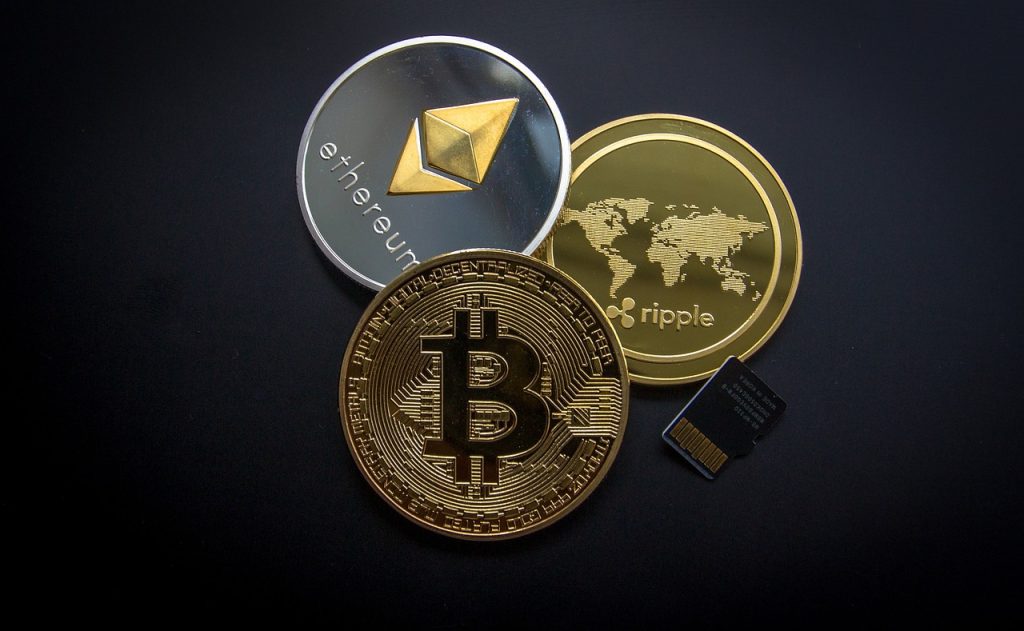
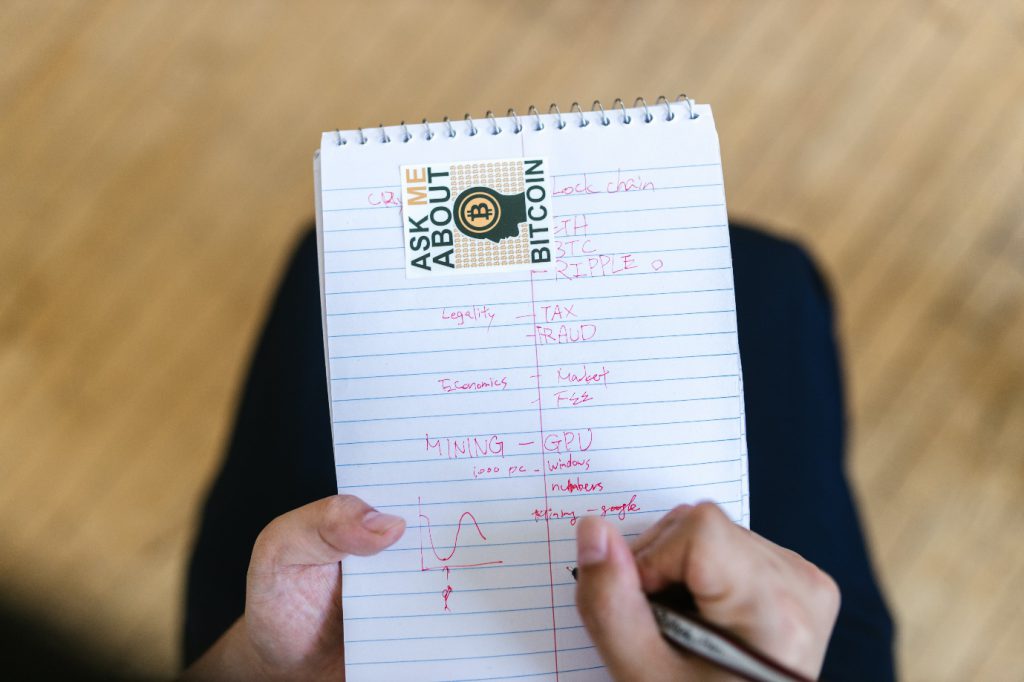
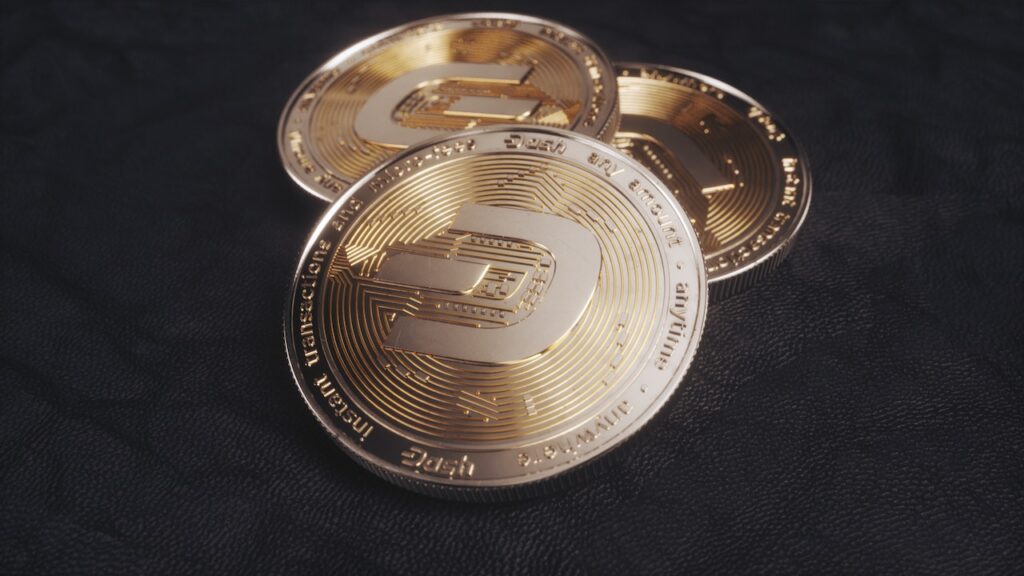
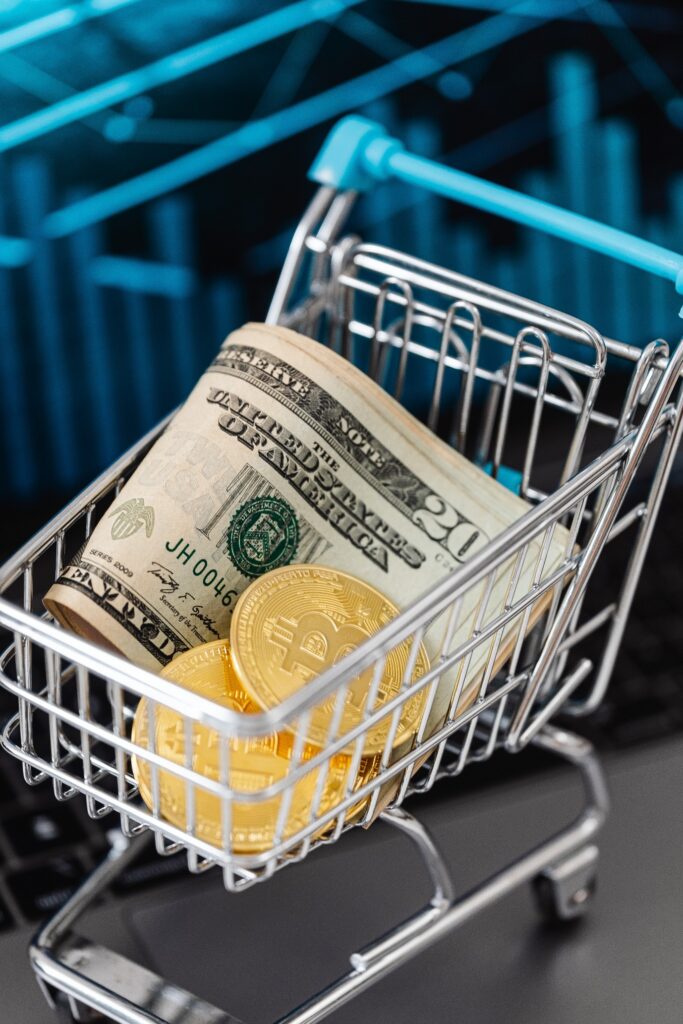

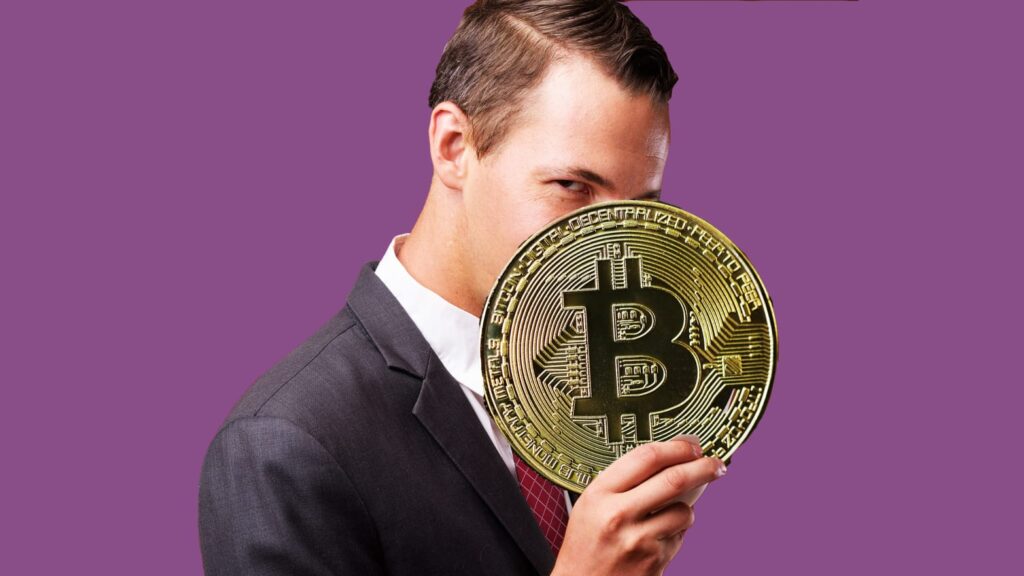

Facebook Comments